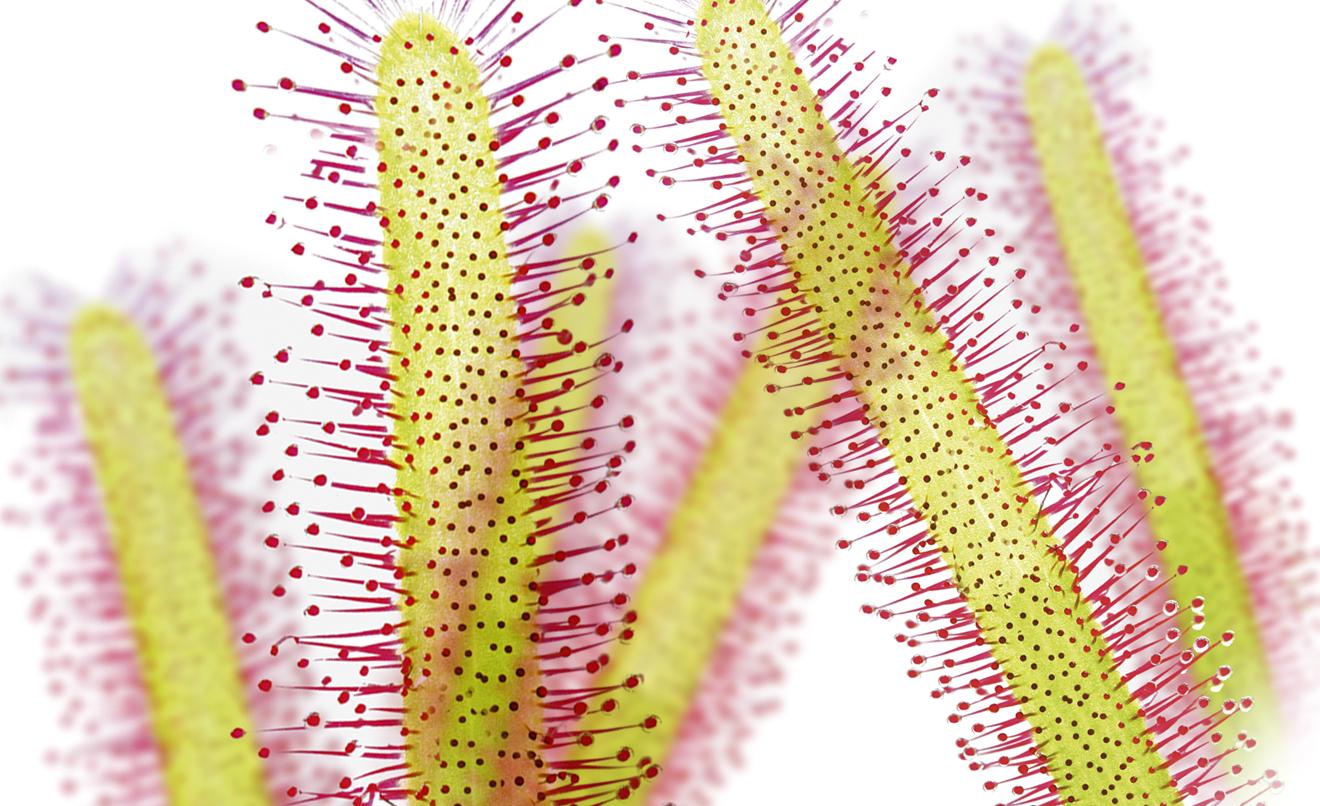
It has an appealing appearance, but it is a carnivorous plant. Its deep red
leaves and the small droplets that cover them are actually a death trap for
insects. The color attracts mainly flies and mosquitoes, and the droplets are
mucilages in which the insects are trapped for phagocytosis. This way, the
plant complements the poor nutrition or the unsuitable pH levels provided by the
poor soil in which it usually grows.
Its appearance also contributes to its exceptional therapeutic properties,
which have been known for centuries. In the 12th century, the Italian physician
of the Salerno School, Matthaeus Platearius, described sundew as an excellent
remedy for coughs, and so it was used in Europe and especially in Germany. Herbalists
recommended sundew tea for coughs, bronchitis, asthma and “bronchial cramps”. A
study already proved in the first half of the 20th century that
sundew does indeed have antitussive properties.
Other studies mention that the plant grows in wet meadows along the border
of swamps and that animals avoid it. Some investigations show that when eaten
by sheep, it causes fatal coughs. Curiously, following the principles of
homeopathy, it was recommended by German physicians in the 18th
century as a panacea for hoarseness.
Nowadays, the roots, flowers and fruits of the plant are recommended because
of their:
Sundew is found in extracts or
syrups, combined with other plants that help tackle coughs and other
respiratory disorders, such as elderberry or eucalyptus.